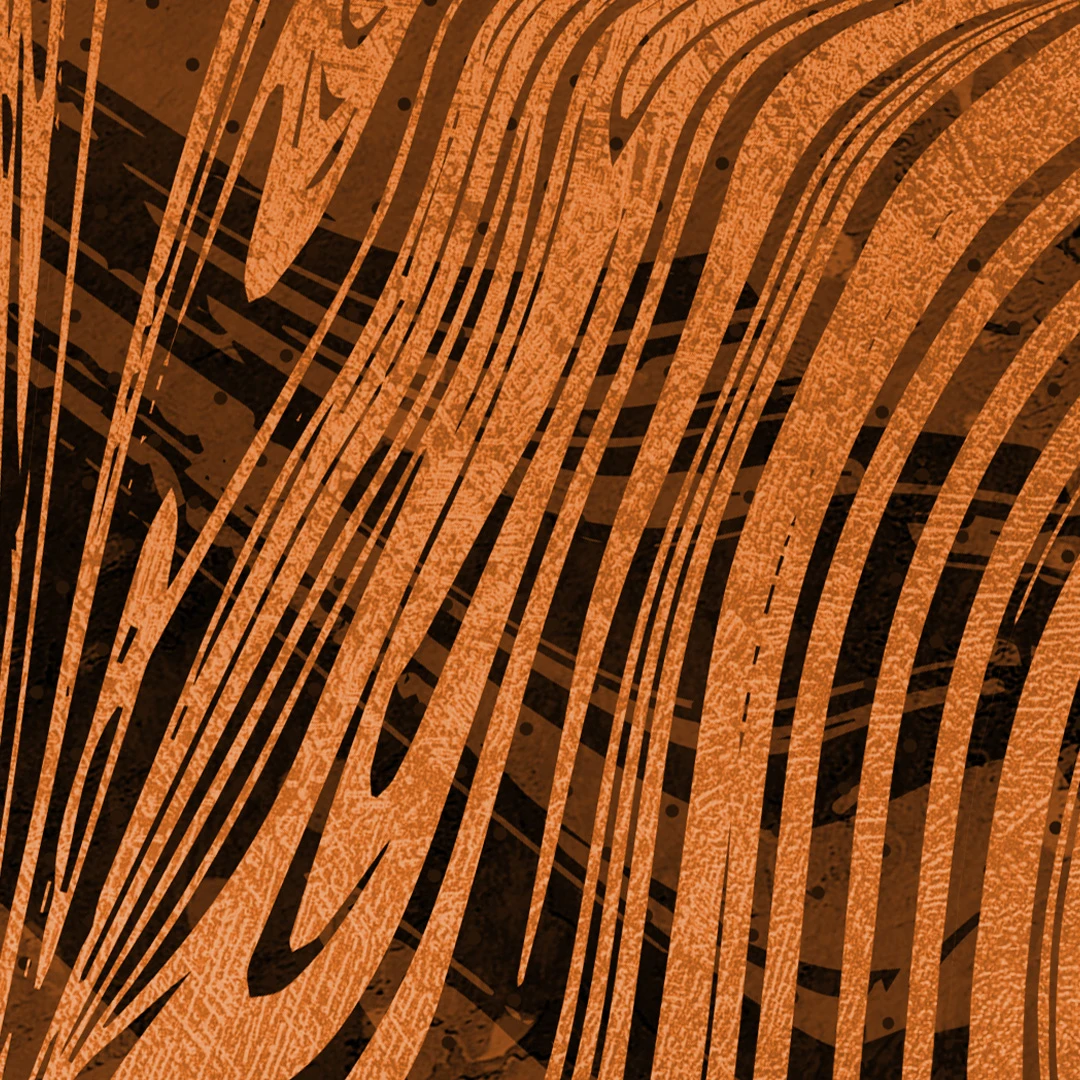Strange Fire

There is an incident in the biblical record that causes abiding consternation for many of God’s people. It is the story of how two of the sons of Aaron, Nadab and Abihu, were slain suddenly by God.
Now Nadab and Abihu, the sons of Aaron, each took his censer and put fire in it and laid incense on it and offered unauthorized fire before the Lord, which he had not commanded them. And fire came out from before the Lord and consumed them, and they died before the Lord. Then Moses said to Aaron, “This is what the Lord has said: ‘Among those who are near me I will be sanctified, and before all the people I will be glorified.’“ And Aaron held his peace. (Lev. 10:1–3)
Aaron, of course, was the older brother of Moses and the first high priest of Israel. God had consecrated Aaron and his sons to the holy vocation of the priesthood. It was in the context of their priestly service that two of Aaron’s four sons, Nadab and Abihu, each got a censer—a kind of vessel that was used in antiquity to contain the incense that was burned as an offering before God—put fire in them, put incense on them, and offered what the book of Leviticus calls “unauthorized fire.”
What is “unauthorized fire,” or, as it is rendered in other translations, “profane fire” or “strange fire”? We use the word profane to refer to that which is less than holy, but the word profane comes from the Latin profanus, which literally means “outside the temple.” So, in a literal sense, Moses, as the author of Leviticus, is saying that the fire that Nadab and Abihu introduced to the altar had not been purified or consecrated. For that, God took their lives.
On the surface, it seems that this was cruel and unusual punishment. These young priests clearly violated some prescription that God had set forth for the offering of incense in the holy place, but it may have been no more than a prank or a mischievous innovation. Was it really necessary for God to rebuke their action so decisively?
Fear of God involves not simply a trembling before His wrath, but a sense of reverence and awe because of His glorious holiness.
To understand this incident more fully, we have to go back to the book of Exodus. Just before God gave His Ten Commandments, He told Moses that He soon would come to him in a thick cloud so that the people might hear Him speaking and believe (Ex. 19:9). To prepare for that stupendous vision, God commanded the people to consecrate themselves (Ex. 19:10). He also set strict borders around Mount Sinai, saying that whoever touched the mountain would die (Ex. 19:12). When God came, “there were thunders and lightnings and a thick cloud on the mountain and a very loud trumpet blast, so that all the people in the camp trembled” (Ex. 19:16). God called Moses to ascend the mountain, but before revealing His law, God sent Moses back down the mountain to repeat and expand the warning. He said:
Go down and warn the people, lest they break through to the Lord to look and many of them perish. Also let the priests who come near to the Lord consecrate themselves, lest the Lord break out against them. (Ex. 19:21–22)
So, at the very formation of the nation of Israel, God laid down the fundamental laws of consecration for the priests. He warned them that if they were not consecrated or if they violated their consecration, He would “break out” against them. Nadab and Abihu violated the holy law of the priesthood. When they did so, God killed them, reminding Israel of the sanctity of His presence. That is why Moses reminded Aaron, “This is what the Lord has said: ‘Among those who are near me I will be sanctified, and before all the people I will be glorified.’“ When he heard this, Aaron “held his peace.” Even amid his grief, he knew his sons had committed a grave offense against Israel’s holy God.
One aspect of the modern church that most saddens and concerns me is that believers are no longer encouraged to have a healthy fear of God. We seem to assume that the fear of the Lord is something that belonged to the Old Testament period and is not to be a part of the life of the Christian. But fear of God involves not simply a trembling before His wrath, but a sense of reverence and awe because of His glorious holiness.
Even though we are living on the finished side of the cross, the fear of the Lord is still the beginning of wisdom (Ps. 111:10a). God is still a consuming fire, a jealous God (Deut. 4:24). When we come into His presence, we are to come as children, as those who have been reconciled, but there is to be a godly fear inspired by respect for the One with whom we are dealing.



